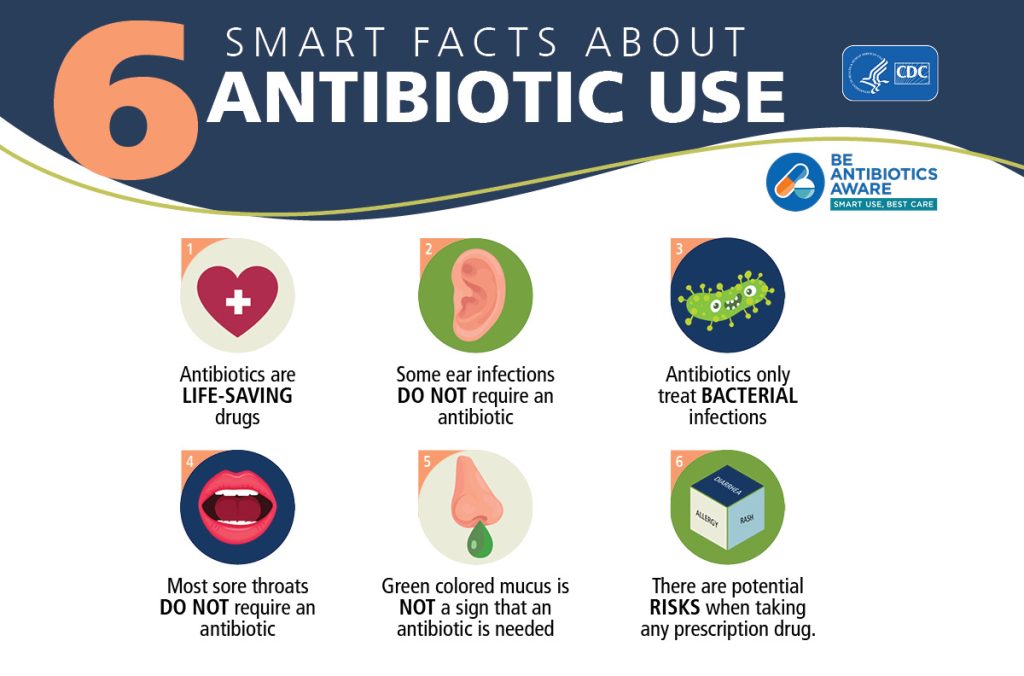Heart Health
Connecting our Communities Heart Health Heart health is a popular topic these days, but it’s complex and can be difficult to understand. Ask anyone if they’re interested in keeping their


Antibiotics revolutionized modern medicine, transforming the treatment of bacterial infections and saving countless lives. However, their misuse and overuse have led to a rise in antibiotic resistance, rendering once-effective drugs ineffective. In this Chronicle, we delve into the concept of antibiotic stewardship and why it is crucial for preserving the efficacy of these essential medications.
Antibiotic stewardship refers to a coordinated effort to optimize the use of antibiotics in healthcare settings. It involves a set of strategies and practices aimed at promoting appropriate prescribing, minimizing unnecessary use, and combating antibiotic resistance. The goal of antibiotic stewardship programs is to ensure that antibiotics are used judiciously, preserving their effectiveness for future generations.
Why is Antibiotic Stewardship Important?
Listen in to Grand River Health physicians Dr. Feeney and CMO, Dr. Kevin Coleman for a great conversation about our Antibiotic Stewardship Program, Evidence-Based medicine and why it’s so important to our patients and community. Dr. Coleman and Dr. Feeney share their passion for continued education on the topic and the value of partnership between provider and patient.

Available Blood Screenings:
Additional FREE Screenings:
New! Children’s Wellness Clinic
Grand River Health will be offering Back to School Wellness exams for children on Saturday, August 5th from 8-11am in the clinic. This is a great opportunity to catch up on required vaccines before the school year starts. Appointments are encouraged for wellness exams. Wellness exams are covered at 100% by Medicaid and most insurance plans.

Connecting our Communities Heart Health Heart health is a popular topic these days, but it’s complex and can be difficult to understand. Ask anyone if they’re interested in keeping their
Connecting our Communities Nourishing Insights: Understanding Eating Disorders . Join Drew Schelling and Sabina Cotter from Grand River Health’s Changing Lifestyles department to learn about the various types of eating
Connecting our Communities Understanding Antibiotic Stewardship Antibiotics revolutionized modern medicine, transforming the treatment of bacterial infections and saving countless lives. However, their misuse and overuse have led to a rise
Grand River Health offers on-going grief support for individuals who are dealing with the loss of a loved one. We offer a way to connect those who are going through […]
Grand River Health offers on-going grief support for individuals who are dealing with the loss of a loved one. We offer a way to connect those who are going through […]
